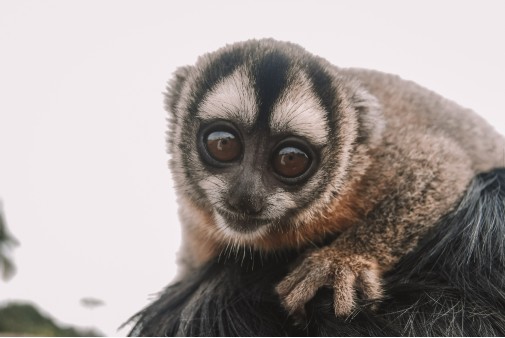A groundbreaking mathematical model proposes that single-parent nursing in mammals evolved to limit the spread of potentially harmful microbes. The study, published in Nature Communications, offers a new perspective on why male mammals rarely produce milk, despite the potential nutritional benefits for offspring.
The Microbiome Factor in Mammalian Evolution
Researchers at the University of York have challenged long-held assumptions about male lactation in mammals. While previous theories focused on paternity uncertainty, this new model suggests that restricting milk production to females acts as a natural filter for beneficial microbes.
Dr. George Constable from the Department of Mathematics at the University of York explained, “We became fascinated with this topic when we read about Azara’s owl monkeys. They turn previous assumptions about why males don’t breastfeed upside down because they are the most devoted dads in the primate world: They do 80–90% of childcare and only hand their babies back to their female partners for nursing.”
The study highlights how dual-parent feeding could potentially double the chance of harmful microbes gaining a foothold in mammalian populations. By limiting milk production to females, evolution may have created a mechanism to sieve out detrimental microorganisms.
Breast Milk’s Living Legacy
Breast milk plays a crucial role in establishing an infant’s gut microbiome, a complex ecosystem of bacteria, viruses, and fungi that significantly impacts health. Dr. Brennen Fagan, the study’s first author, noted, “While microbes are not inherently harmful or beneficial; it’s their presence and abundance that dictate the overall health of this internal community. A ‘wrong actor’ at the early point of an animal’s life could change the microbiome at a pivotal moment.”
The researchers emphasize that their hypothesis aligns with other evolutionary strategies mammals have adopted to limit the spread of harmful elements. These include the maternal transmission of mitochondrial DNA and the prevalence of monogamy in certain species to minimize sexually transmitted infections.
However, the authors caution against applying their findings to modern human infant feeding practices. Dr. Fagan stated, “Our model is very much focused on the long-term evolution of the animal kingdom. The model does not tell us about individual families making individual choices on how to safely feed their children, especially not for humans in the modern world.”
This innovative research provides a fresh perspective on mammalian evolution and the intricate relationship between microbes and their hosts. As scientists continue to unravel the complexities of the microbiome, this study offers a compelling hypothesis for why nature has largely restricted breastfeeding to female mammals.


